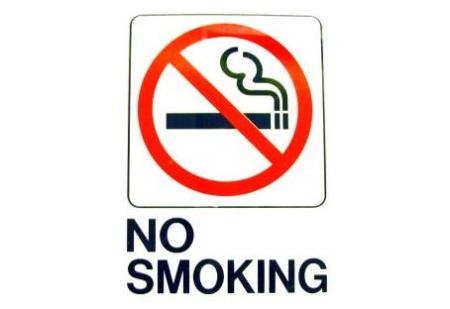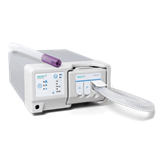The University of Newcastle’s Associate Professor Billie Bonevski recently received funding from the Cancer Institute NSW and Hunter Medical Research Institute to develop and evaluate the effectiveness of interventions to help smokers quit.
"Previous research has shown a spike in quit smoking attempts each December and January termed the ‘New Year’ effect," Associate Professor Bonevski said.
"Rarely is a smoker able to quit the first time they try, so it is important to focus on intervention strategies and research into what will stop people smoking in the first place," Associate Professor Bonevski said.
Recent research led by Associate Professor Bonevski compared the reactions of smokers to branded packs of cigarettes and plain packaging with graphic images and warnings.
"We found the reactions of smokers who are homeless or those of low socio-economic status echoed the reactions of others in society," she said.
"People were surprised at the prominence of the pictures but I am not confident many people will actually give up smoking as a result of the plain packaging.
"What will be interesting to research is if the plain packaging impacts on smoking uptake rates."
Associate Professor Bonevski’s other research interests include smoking among mentally ill patients and she is leading a team to implement an Australian first program in drug and alcohol treatment centres across three states, to address patients’ smoking addictions.
The research is supported by two National Health and Medical Research Council grants totalling more than $1.5 million.
"Currently, patients of treatment centres continue smoking while receiving treatment for drug and alcohol problems," Associate Professor Bonevski said.
"However, international research shows they are more likely to die of tobacco-related disease than drug and alcohol-related illness.
We want to change the care provision in drug and alcohol centres so that smoking is also addressed in patients’ treatment plans.
"Our four-year project will allow us to work with 30 drug and alcohol treatment centres in NSW, Queensland and Victoria to design, implement and evaluate the program," Professor Bonevski said.












